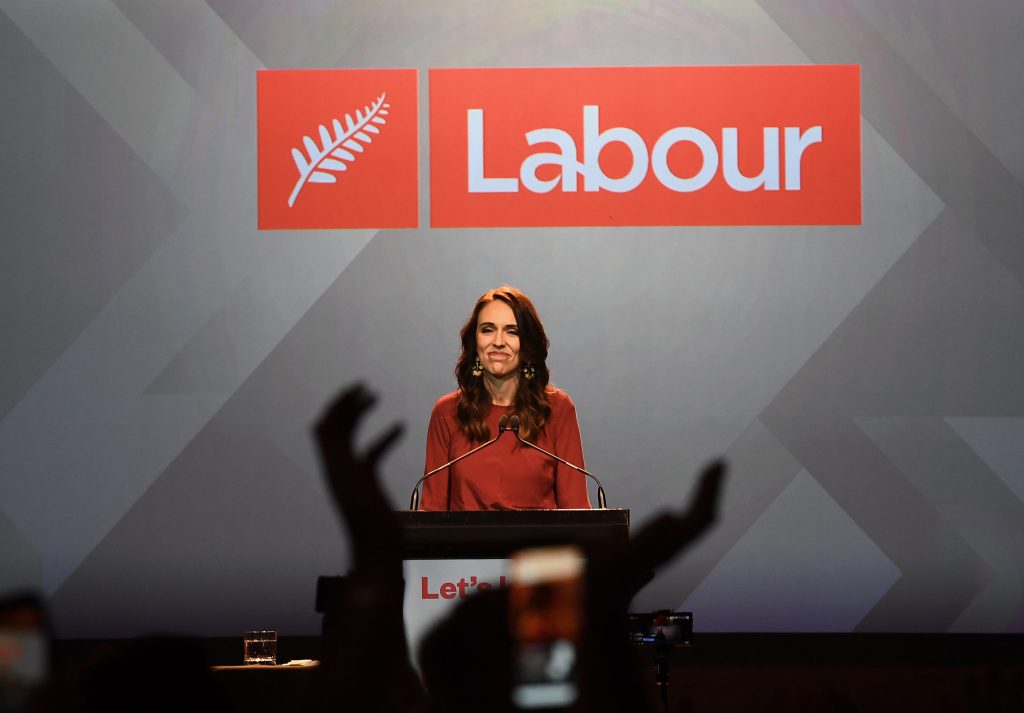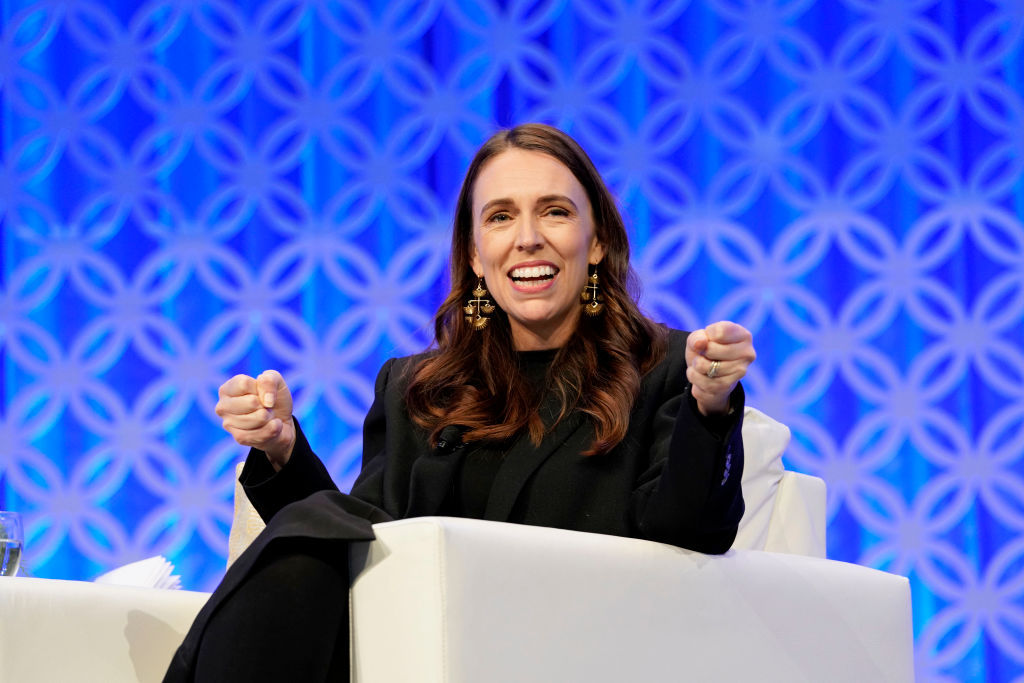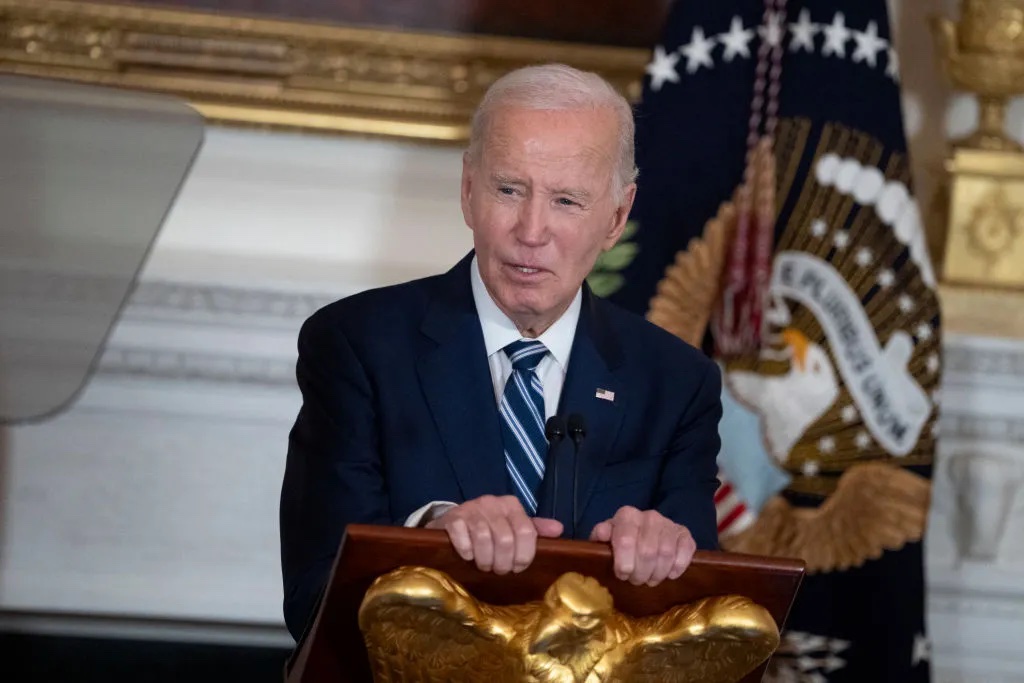Jacinda Ardern’s Labour party has won reelection in a landslide. Her government improved its vote-share by around 12 percent from the last election in 2017, its best result since 1938.
New Zealand’s political system is proportional, allowing minor parties garnering more than 5 percent of the vote to enter Parliament. Jacinda Ardern’s victory is so emphatic that, for the first time since the proportional system was set in place in 1996, it appears a majority party will be able to govern alone, without needing coalition parties or any kind of confidence and supply agreement. The machinery of the electoral system wasn’t really designed for such a result. Were the Labour government to fall just short of an outright majority, it has an amenable Green party to work with, which, taken together, give the left an unprecedented mandate.
The vote was originally due to be in September but was postponed by a month after a renewed COVID-19 outbreak. Before Saturday, more than 1.97 million people had voted, the highest advance voting total in New Zealand’s history.
As late as seven months ago, the government was unsure of reelection. For much of 2019, Ardern’s Labour party was registering only fair to middling results in the polls. By late 2019, it had slipped behind the opposition National party and it was feasible they would be a one-term government. A flagship initiative on housing fell well short of expectations, as had an initiative to combat child poverty. Urban infrastructure projects seemed to lack momentum and certainty.
The outcome of the election was based overwhelmingly on the government’s response to COVID-19. In late March, Ardern presented a national strategy, telling Kiwis ‘we go hard and we go early’. She laid out, in detail, the four stages of alert, what would be required, and concluded by urging the people to ‘be strong, be kind, and unite against COVID-19’. Her response led to acclaim on the world stage, and a massive surge in national solidarity and support for the government.
The opposition National party ran a shambolic campaign, with infighting, internal polling withheld from members, botched financial projections, policies announced on the fly and barely restrained resentment for the leadership style of Judith Collins.
The prime minister’s personal appeal has also played a significant role. Young, exuding emotional intelligence and empathy, Ardern drew accolades internationally after her compassionate response to the Christchurch Mosque shootings in March of 2019, which claimed 50 lives. She impressed at the UN, where she described her ‘wellbeing budget’. She appeared on the cover of Vogue and TIME.
***
Get a digital subscription to The Spectator.
Try a month free, then just $3.99 a month
***
Despite the resounding victory, and its mandate, the prime minister’s pragmatism and caution has limited the scope for an expansive progressive agenda. She has ruled out a capital gains tax and has signaled there is unlikely to be a wealth tax. Like most countries, New Zealand is shouldering massive debt as a consequence of its COVID response.
Ardern has pledged to instill more climate-friendly policies, boost funding for disadvantaged schools and continue with a program to tackle the demand for housing. With a clear majority, she has free rein to pursue these policies, uninhibited by the two coalition partners of her first term.
For now, Jacinda Ardern is ascendant as the international darling of progressivism. She is the ideal progressive persona — authentic, empathic, inclusive, durable and decisive.
This article was originally published on The Spectator’s UK website.

























